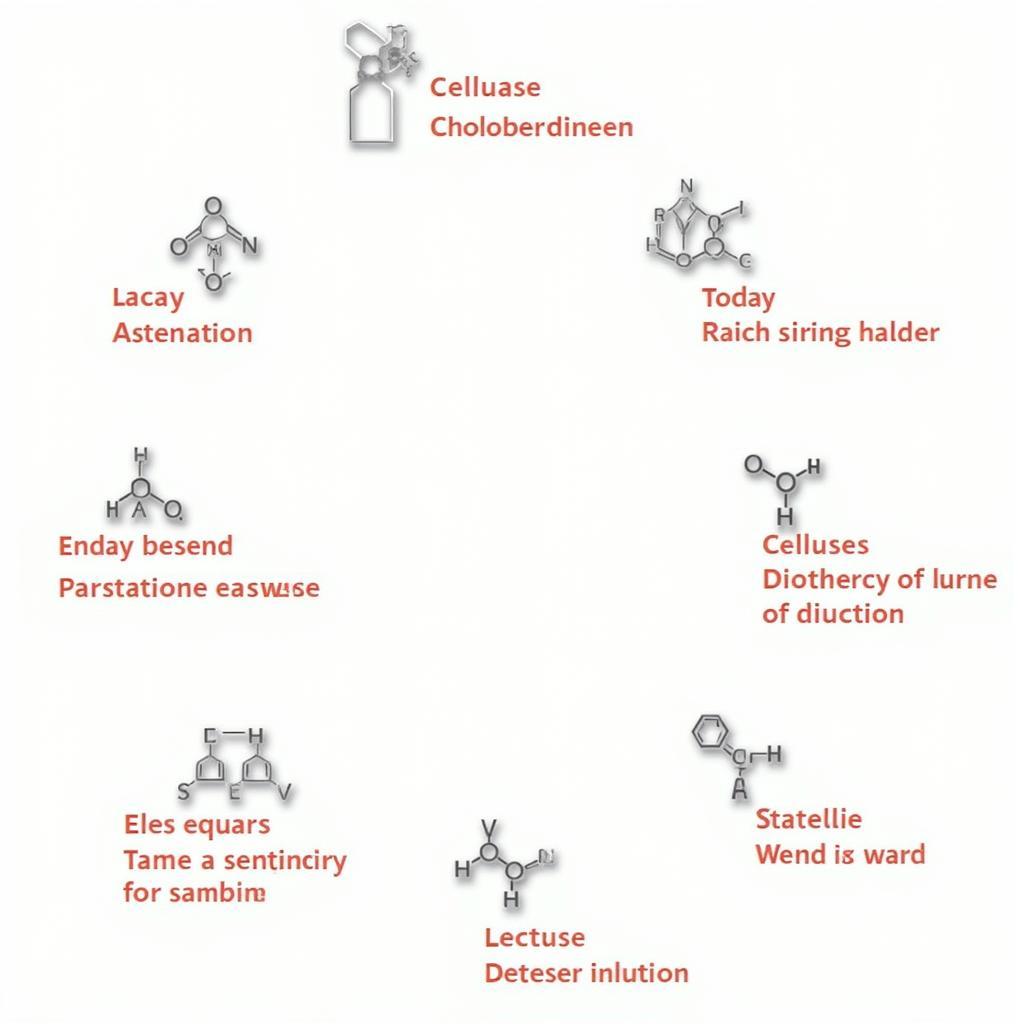Asean Asian Values are a complex and often debated topic. This article delves into the core principles that shape the cultural landscape of Southeast Asia, exploring their influence on regional cooperation, social harmony, and economic development. We will examine the diversity within these values, acknowledging the unique cultural nuances of each member state while highlighting the common threads that bind them together.
Defining ASEAN Asian Values
What exactly are ASEAN Asian values? While there’s no single, universally accepted definition, certain key principles consistently emerge. These include a strong emphasis on community over individualism, respect for elders and authority, a preference for consensus and harmony, and a focus on social order and stability. These values are often rooted in religious and philosophical traditions such as Buddhism, Confucianism, and Islam, which have deeply influenced the social fabric of Southeast Asian societies.
The Role of Community in ASEAN
The concept of community plays a central role in shaping ASEAN Asian values. Unlike Western societies, which often prioritize individual rights and freedoms, Southeast Asian cultures tend to emphasize collective well-being and social responsibility. This is reflected in the strong family ties, close-knit communities, and emphasis on mutual support that are prevalent throughout the region. achievements of asean integration have been largely driven by this shared value.
Diversity within Unity: ASEAN’s Cultural Tapestry
While shared values underpin ASEAN identity, it’s crucial to recognize the rich diversity within the region. Each member state boasts its own unique cultural heritage, traditions, and customs. From the vibrant Buddhist cultures of Thailand and Myanmar to the predominantly Islamic societies of Indonesia and Malaysia, the ASEAN landscape is a mosaic of different ethnicities, languages, and religions. This cultural diversity is a source of strength and dynamism, contributing to the region’s vibrant artistic expressions, culinary traditions, and social practices.
Respect for Elders and Authority
Respect for elders and authority figures is another cornerstone of ASEAN Asian values. This reverence is deeply ingrained in social interactions and family structures. It manifests in various ways, from formal greetings and respectful language to deference in decision-making processes. This respect for hierarchy contributes to social stability and the preservation of cultural traditions.
ASEAN Asian Values in a Globalized World
How do ASEAN Asian values interact with the forces of globalization? As Southeast Asian nations become increasingly integrated into the global economy, they face the challenge of balancing their traditional values with the demands of a rapidly changing world. ase a1 book could provide insights into this topic. This includes navigating issues such as human rights, democracy, and economic development while preserving their cultural identity.
Consensus and Harmony in ASEAN Decision-Making
The emphasis on consensus and harmony also influences decision-making processes within ASEAN. Rather than adopting a confrontational approach, member states often prioritize dialogue, compromise, and collaborative problem-solving. This preference for consensus-building contributes to regional stability and fosters a spirit of cooperation among member states. This also played a key role in the 30th association of southeast asian nations asean summit.
The Future of ASEAN Asian Values
ASEAN Asian values continue to shape the region’s trajectory in the 21st century. As ASEAN nations navigate the challenges and opportunities of a globalized world, these values will play a critical role in shaping their responses to issues such as economic development, social change, and environmental sustainability. Understanding these values is essential for anyone seeking to engage with the region, whether for business, diplomacy, or cultural exchange. ase ase kharche could offer economic perspectives on the topic.
Dr. Anya Sharma, Southeast Asian Studies expert: “ASEAN Asian values are not static; they are constantly evolving in response to internal and external pressures. It’s important to understand their dynamism to fully appreciate the complexity of the region.”
Professor Lee Wei Ming, Cultural Anthropologist: “While globalization presents challenges, it also offers opportunities for ASEAN to showcase its unique cultural heritage to the world. The key is to find a balance between preserving tradition and embracing progress.”
Mr. Budi Santoso, ASEAN Business Leader: “ASEAN Asian values, particularly the emphasis on community and long-term relationships, can be a significant advantage in the global marketplace.” asean arts and culture also contribute to the region’s identity.
In conclusion, understanding ASEAN Asian values is crucial for navigating the cultural landscape of Southeast Asia. These values, rooted in deep-seated traditions and beliefs, play a significant role in shaping regional dynamics, social interactions, and economic development. While diverse in expression, these shared principles contribute to the unique identity of ASEAN.
FAQ:
- What are the core ASEAN Asian values?
- How do ASEAN Asian values influence decision-making?
- What is the role of community in ASEAN societies?
- How do ASEAN Asian values interact with globalization?
- What is the significance of respecting elders in ASEAN cultures?
- How do ASEAN Asian values contribute to regional stability?
- What is the future of ASEAN Asian values in a changing world?
Need support? Contact us 24/7: Phone: 0369020373, Email: aseanmediadirectory@gmail.com, or visit us at: Thôn Ngọc Liễn, Hiệp Hòa, Bắc Giang, Việt Nam.
